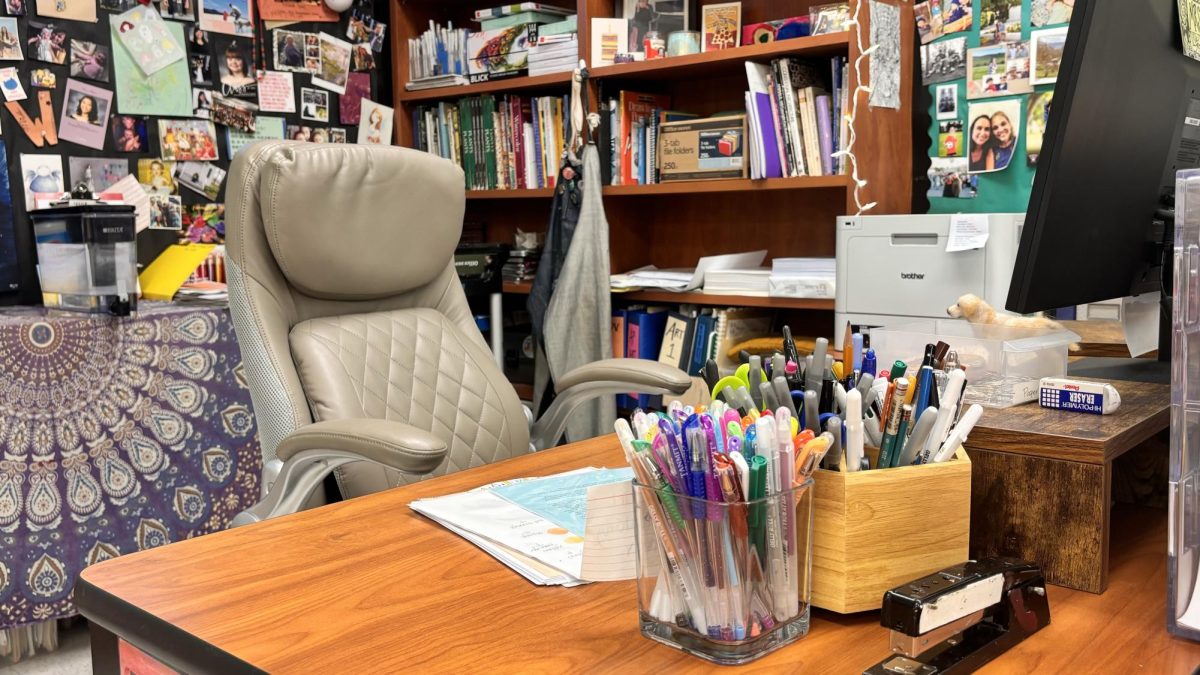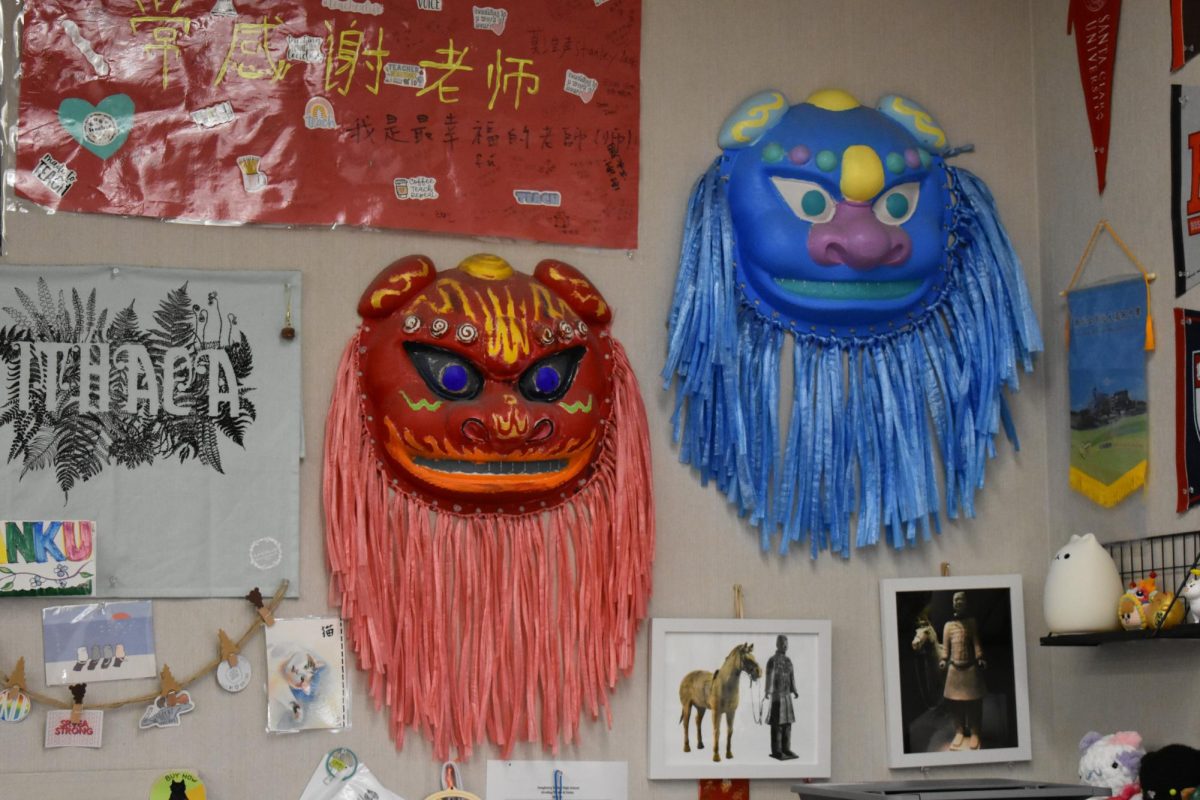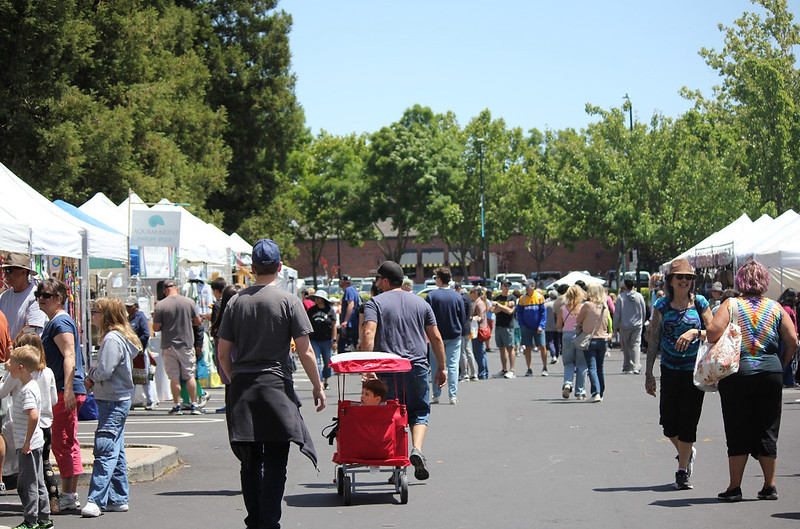As of January 2025, ByteDance’s popular app, TikTok, has faced potential ban in America due governmental concern for national security. The Supreme Court upheld a law on Jan. 19, creating the “Protecting Americans from Foreign Adversary Controlled Application Act.” This makes it illegal for American companies to maintain TikTok unless ownership is transferred into American hands. The initial deadline to ban TikTok was also Jan. 19. However, President Donald J. Trump has extended TikTok’s deadline twice as of April 4, 2025, giving TikTok until June 18, 2025, to be sold off to an American buyer. Or, if TikTok’s company, ByteDance, chooses to give President Trump 50 percent ownership of TikTok.
16-year-old sophomore Agastya Chauhan sides with the TikTok ban, proposing how TikTok is not a reliable source of information, and is dangerous to teenagers from how dangerous TikTok trends can be, like the 2017’s TidePod trend, featuring people posting themselves eating the laundry detergent pouches, or the 2025 TikTok challenge, The Chromebook Challenge, featuring students destroying school-issued chromebooks to go viral on the internet.
“TikTok is just a bit more of a ruckus in a student’s mind as it distracts a student, a lot, because of famous trends which are not at all helpful and good for a student.” Noman stated.
Chauhan believes TikTok, and other social media sites spread completely false information, causing its users to consume the information without critically thinking about the honesty of the post. Chauhan believes TikTok is built with false information, that TikTok users all over the internet won’t be able to identify the false information properly.
“[People] rarely speak up the truth, which of course you have to fetch for. The right resources are commendable, but it’s not a recommended thing to use TikTok for anyone because it’s not. It is fake entertainment.” Chauhan states.
Meanwhile, Lauren Quimson, a junior and future president of DV’s Drama Club, believes Tiktok’s ban has had no feasible effect as of date.
“When it got banned, I was at a friend’s home. By the time I got home, it was already back. It really didn’t have any effect,” Quimson said.
As for using TikTok to promote theater, Quimson and Drama Club members brainstormed ways to work around a potential TikTok ban.
“Even though, like before, I heard it was getting banned, I was already thinking in my head, okay, like, we can use Insta Reels to create our videos,” Quimson said.
Since the theatre club already has a plethora of apps to use to promote the club, they aren’t concerned over the TikTok ban at all, planning to simply use new apps for marketing if it occurs.
“We’ll use Insta, and we’ll use videos, and we’ll try to keep up through other social media platforms, especially Instagram,” Quimson stated. “Mostly YouTube and Instagram.”
Meanwhile, Antonio Valdez, a sophomore, focuses on how TikTok is targeted despite many American social media platforms already sharing data in America.
“A lot of apps do collect your data and they distribute it, a lot of social media platforms. It’s mostly just for display, what you would like to see the most,” Valdez stated.
Valdez acknowledges how TikTok as an app spreads trends extremely quickly in a short amount of time, citing the “Devious Lick” challenge just a few years back, which encouraged vandalism and theft in schools. However, Valdez believes the moderation is more of an issue than the content TikTok displays.
“I know the main reason why TikTok is hated is because it really easily spreads dangerous trends. And it’s easier to find trends onTikTok because I feel like it’s less moderated,” Valdez said.
Meanwhile, 17-year-old senior Aayan Noman, president of the DVHS Politics Club, expresses concern over the TikTok ban debate.
“I would say there’s definitely a sentiment towards being against the TikTok ban, especially with how prevalent TikTok is in most of our lives today,” Noman stated.
Noman speculated that if the US government’s plans to ban TikTok were to go through, it would spark younger generations, such as Generation Z and even Generation Alpha, to pay closer attention to the laws their government is passing. While National Security’s concern over TikTok has aroused, Norman is skeptical that security is truly the issue the U.S. government is trying to solve.
“Honestly, it feels more like a money move than a safety issue,” Norman said.
“If TikTok gets sold to an American company, I think the government will back off. It’s not really about China, it’s about control.”
From President Trump’s extensions on the ban, Noman feels Trump’s promise to save TikTok is an illusion.
“By delaying the ban and giving extensions, it looks like he’s doing something,” Noman stated. “But if he really wanted to fix this, it wouldn’t be dragging out this long.”





